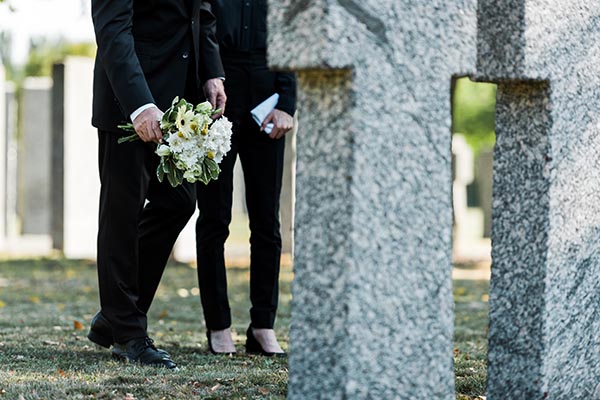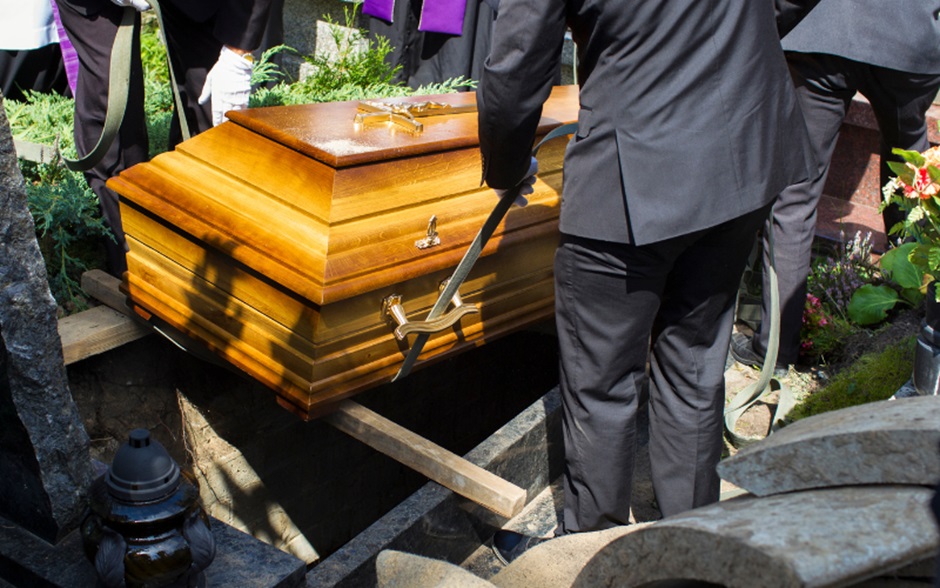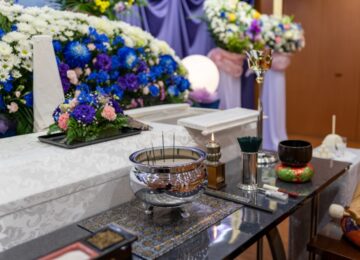Planning a funeral in Singapore involves several legal considerations that families must understand to ensure everything runs smoothly. From obtaining permits to ensuring proper body handling, navigating the legal aspects can be complex. By understanding the necessary regulations, you can make informed decisions for your loved one’s final journey.
Registration of Death
One of the first legal steps in organising a funeral in Singapore is registering the death. This must be done before any funeral preparations can commence. The registration of death is a legal requirement that provides a formal record of the person’s passing. The family must present the original identity card or passport of the deceased at the nearest police post, public hospital, or the Immigration and Checkpoints Authority (ICA) building.
The ICA will issue a death certificate, which is essential for proceeding with the SG’s funeral arrangements. Without this certificate, funeral directors cannot legally conduct the burial or cremation. This legal process ensures that the authorities are aware of every death occurring in the country.
Obtaining a Permit for Cremation or Burial
Cremation and burial in Singapore require a legal permit. Once the death has been registered, a permit must be obtained before proceeding with the cremation or burial. The National Environment Agency (NEA) regulates these permits, ensuring compliance with public health and environmental guidelines. Families must choose between burial and cremation, and each comes with its specific set of legal requirements.
For a Singapore funeral involving burial, the NEA needs to approve the chosen cemetery. Cremation, more common in Singapore due to limited land, requires booking at one of the designated crematoria. Funeral directors often assist with these legal formalities, ensuring that all documentation is properly handled.

Legal Regulations for Body Handling
Singapore’s laws on body handling are strict, particularly regarding the transportation and storage of bodies. Licensed funeral directors must adhere to these regulations, ensuring the deceased is treated with dignity and respect throughout the process. Transporting the body requires specific permits, especially if the body needs to be moved across districts or taken to another country for burial.
Additionally, if a family opts for embalming, only licensed embalmers can perform this procedure. Embalming is not a legal requirement in Singapore, but it is sometimes chosen for preservation, especially if the Singapore funeral involves an open casket ceremony or delayed cremation. Funeral directors ensure these processes comply with health and safety regulations.
Handling of Estate and Will
While not directly related to the SG funeral, handling the deceased’s estate is another legal aspect to consider. If the deceased left a will, it must be executed according to Singapore’s legal requirements. If there is no will, the estate will be distributed according to the country’s intestacy laws, determining how assets are divided among family members.
Families may want to consult a lawyer specialising in estate management to handle the necessary legal documentation. Although it’s not the immediate concern during a funeral in Singapore, it’s important to address estate issues soon after the death to prevent potential legal complications later.
Regulations for Scattering Ashes
In Singapore, cremation is the most common method of body disposal due to the scarcity of burial land. After cremation, many families choose to scatter the ashes, but this also comes with legal considerations. The scattering of ashes in public places is prohibited without a permit.
The NEA has designated areas for scattering ashes, such as the Garden of Remembrance. Alternatively, families may scatter ashes at sea, but this also requires a permit from the relevant authorities. Funeral directors can assist with arranging these permits and ensuring the family follows legal protocols when scattering ashes.
ALSO READ: A Brief History Of Crematoriums In Singapore
Funerals for Non-Singapore Citizens
The legal requirements for the Singapore funeral may differ if the deceased is a non-citizen of Singapore. Families may need additional documentation, especially if the body is to be repatriated to another country. Embassies and funeral directors usually work together to handle the repatriation process, ensuring that local and international regulations are met. This includes preparing documents like death certificates, permits for body transport, and any necessary customs clearance for repatriation of remains.
Religious and Cultural Considerations
Singapore’s legal framework allows for diverse religious and cultural funeral practices. However, certain religious rites may require additional legal permits or compliance with local regulations. For instance, traditional burials in some religions require using specific land, which may involve legal approvals. Funeral directors familiar with these requirements can help families adhere to religious customs and local laws.
Conclusion
Planning a Singapore funeral involves navigating various legal aspects, from registering the death to obtaining the necessary permits for burial or cremation. By understanding these requirements and working with experienced funeral directors, families can ensure a smooth process. Complying with Singapore’s funeral laws not only respects local regulations but also honours the deceased’s dignity.
For professional assistance with funeral arrangements, contact Casket Fairprice for reliable funeral director services in Singapore.











